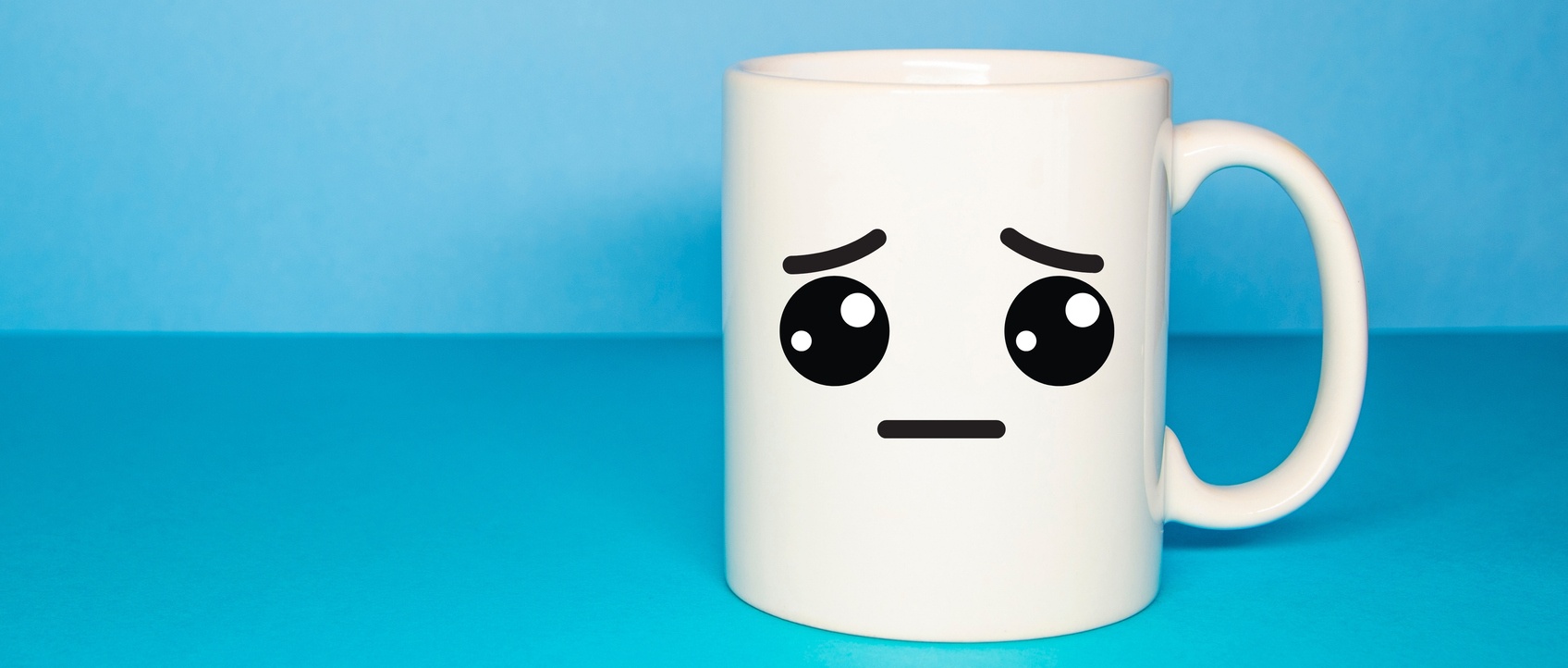
Why do some people struggle with summer depression?
Peer reviewed by Dr Krishna Vakharia, MRCGPLast updated by Amberley DavisLast updated 17 May 2023
Meets Patient’s editorial guidelines
- DownloadDownload
- Share
- Language
- Discussion
Seasonal affective disorder (SAD) affects most people in the winter, but for a minority can cause summer depression too. This means a time of year associated with health and happiness can instead by blighted by mood swings and anxiety.
In this article:
Living with summer depression
The warmer months can be a time of health and optimism, a chance to reconnect with the great outdoors after the dark, seemingly interminable, months of winter.
However, for a minority of those people with seasonal affective disorder (SAD), summer can be a miserable time. Around 10% of people with SAD experience it in reverse - as summer SAD.
Longer days, increased heat and humidity as well as issues around body image may be contributing factors to spring and summer depression, while symptoms of SAD are thought to include loss of appetite, disrupted sleep, weight loss and anxiety.
What is seasonal affective disorder? (SAD)
Back to contentsMost of us are affected by the change in seasons - it's not unusual to feel more cheerful and energetic when the sun is shining and the days are longer, or to find that you eat more or sleep longer in winter. But if you are affected by SAD, seasonal changes have a much bigger effect on mood and energy levels, and may lead to symptoms of depression that significantly impact day-to-day life.
"Most people experience winter SAD," explains Stephen Buckley, head of information at the mental health charity Mind. "Less commonly, some people find they experience the SAD seasonal pattern in reverse, with this type of depression occurring in the summer months. SAD is most common in countries like the UK where there are large changes in the weather and daylight hours during the different seasons."
Continue reading below
Causes of summer depression
Back to contentsThe causes of SAD, and especially the summer depression version of SAD, aren't always clear, reveals Buckley.
"It is important to say that the causes of SAD are unlikely to be purely physical and that we don't fully understand them," he stresses. "It's likely that other elements such as difficult life events, trauma and physical illness can also cause winter or summer depression and SAD, and the impact SAD disorder has on you will also be affected by your overall feelings and coping skills."
Summer can bring specific challenges that might affect people’s mental health, Buckley reveals.
"Lots of people find body image worries are heightened in summer, especially for people who are unhappy with their weight, size or have scars from self-harming, for example. Also, longer daylight hours and shorter nights can cause disruption to our sleep patterns, and it might be harder to get the amount of sleep that some people need to keep well causing sufferers to feel sleepy during the day."
Seasonal affective disorder symptoms
Back to contentsCircadian rhythm problems - disturbed nights as well as excessive tiredness during the day - are a common symptom of SAD, whether experienced as summer depression or winter. Others include depression, decreased energy levels, loss of libido, anxiety and irritability, and a craving for carbohydrates and sweet foods.
"Many of us experience a dip in our mood," says Buckley. "But if you experience SAD, you may find it difficult to stay in work and maintain relationships, and can lose all interest in the things in life you used to enjoy."
Continue reading below
How to get over summer depression
Back to contentsWith a little planning there are myriad practical ways to take the fight to summer depression.
Plan ahead so you feel in control, both socially and professionally, and don't worry if you feel out of step with everyone else. After all, you're not obliged to be happy just because it is summer.
Be sure to exercise during cooler times of the day, and wind down with relaxation techniques such as yoga, meditation, deep breathing or muscle relaxation.
Create a sleep action plan. Blackout curtains, lighter blankets, an air conditioned room and practical gadgets such as fans and seasonal affective disorder lamps can help you recharge your batteries during the night.
Seasonal affective disorder treatments
Back to contentsIn addition to self-help, several treatments can help alleviate summer depression symptoms.
Light therapy may be helpful for some people. This involves daily exposure to a very bright specialist light, usually for a couple of hours a day.
Talking treatments, such as counselling, psychotherapy or cognitive behavioural therapy, can be extremely useful in helping people to cope with symptoms.
Antidepressants may also be prescribed for people with severe SAD, and can be combined with light therapy for maximum effect.
"If you're worried about your mental health, it's always a good idea to seek help - even if you're not sure if you are experiencing a specific mental health problem such as SAD or depression," Buckley concludes.
Patient picks for Seasonal affective disorders

Mental health
How to beat the end-of-summer blues
Let's face it, there's nothing quite like a bright, sunny day to lift the spirits. So it's no wonder that when the summer begins to draw to an end some of us feel a little bit low.
by Gillian Harvey

Mental health
Winter wellness tips: how to cope with SAD
When the days begin to shorten, many people find themselves spending less time outside. These darker days can cause some to feel depressed and have less energy. If you’re someone affected by seasonal affective disorder (SAD) then you understand how difficult this time of year can be.
by Victoria Raw
Article history
The information on this page is peer reviewed by qualified clinicians.
Next review due: 17 May 2026
17 May 2023 | Latest version
8 May 2018 | Originally published
Authored by:
Julian Turner

Ask, share, connect.
Browse discussions, ask questions, and share experiences across hundreds of health topics.

Feeling unwell?
Assess your symptoms online for free
Sign up to the Patient newsletter
Your weekly dose of clear, trustworthy health advice - written to help you feel informed, confident and in control.
By subscribing you accept our Privacy Policy. You can unsubscribe at any time. We never sell your data.